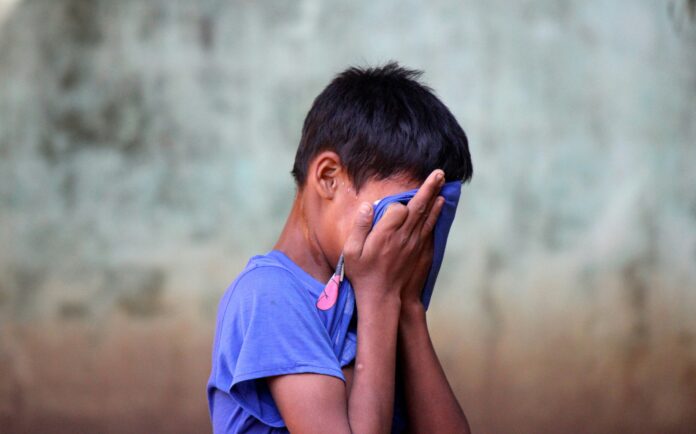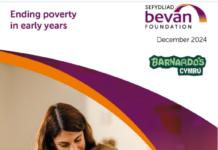Three leading Welsh mental health campaigners have come together to help better equip teachers in the country to deal with students struggling with their mental health. Former Wales international rugby player Rhys Thomas will be joined by inspirational speaker Luke Rees and emotional empowerment coach Hayley Wheeler to share their expertise across the school summer term.
The free teacher-training sessions have been organised by Compass, a school management information system provider. A recent study by Compass among over 750 Welsh parents suggests that 12 per cent (approximately 55,000) Welsh children go to school each week feeling a need to hide their feelings of distress from their teachers.
First to speak to teachers (this week) will be Luke Rees. Mr Rees will be talking about his battles with severe depression as a teenager in Blaenau Gwent to addressing mental health at 10 Downing Street. On 18th June, ex Cardiff Blues and Dragons RFC hooker, Rhys Thomas will be offering practical advice to schools on fostering resilience and a growth mindset in students. And Llanelli-based Hayley Wheeler will wrap up the summer training programme on 2nd July with a session on improving the mental wellbeing of students to create more vibrant classrooms.
According to the Compass report ‘Disturbing currents: Wellbeing and mental health of children in Wales’, 68% of parents are concerned about the state of their children’s mental health. Parents also think that 28 per cent of their girls have worse mental health than last year, compared with 19% of their boys.
Almost two thirds of Welsh children (64 per cent) try to hide their mental health problems, with more than half (54 per cent) going to ‘great lengths’ to hide their feelings of unhappiness from others. Girls in Wales are 15% more likely to try and hide their feelings, say the parents surveyed.
The report also revealed that a quarter (26 per cent) of Welsh parents say that their children struggle with feelings of anxiety two to three days each week, while for 12 per cent it is a constant and daily struggle. Two in five girls (40 per cent) have to regularly deal with their worries compared to a third (35 per cent) of boys, according to the parents who took part in the study.
The Compass study showed that parents say that the main causes of anxiety among their children are peer pressure (34 per cent), social media (30 per cent), hormonal / physical changes 28 per cent), not sleeping well (22 per cent), keeping up with schoolwork (21 per cent), meeting high expectations they set themselves (20 per cent), and meeting expectations set by school (19 per cent).
Parents say that the biggest concern for their boys is fitting in (32 per cent). For girls, the biggest worry is also peer pressure (36 per cent), closely followed by hormonal changes (34 per cent) and social media (31 per cent).
More than two in five (44 per cent) of Welsh parents also said that they were aware of other youngsters in their children’s classes showing early signs of self-harm, bullying, anxiety, and unhealthy self-control. Worryingly, less than half of parents (42 per cent) think their children’s schools are well equipped to deal with the mental health needs of the young people they are teaching.
Four in five (81 per cent) of parents say that they would like to see schools produce a termly mental health report in the same way they report on a child’s learning achievements, grades, and attitude in the classroom.
Writing in the ‘Disturbing Currents’ report, Mr Rees said: “These last few years have been incredibly tough for young people. Change has always happened, but recently it has got a whole lot faster. This pace of change has far exceeded the support and help available to young people, leaving a void where young people do not know where and who to turn to.
“Suffering with mental health is tiring. But suffering in silence is exhausting.”
Claire Wensley, Compass’ Head of Sales for Wales, said: “The tendency of so many students to mask their emotional distress is particularly troubling as it creates barriers to early intervention and support. These findings are a stark warning that cannot be ignored. The continued gap in mental wellbeing between genders underscores an urgent need for intervention and comprehensive support strategies.”
Anyone interested in joining the free training sessions can sign up for them here.
Help keep news FREE for our readers
Supporting your local community newspaper/online news outlet is crucial now more than ever. If you believe in independent journalism, then consider making a valuable contribution by making a one-time or monthly donation. We operate in rural areas where providing unbiased news can be challenging. Read More About Supporting The West Wales Chronicle

























